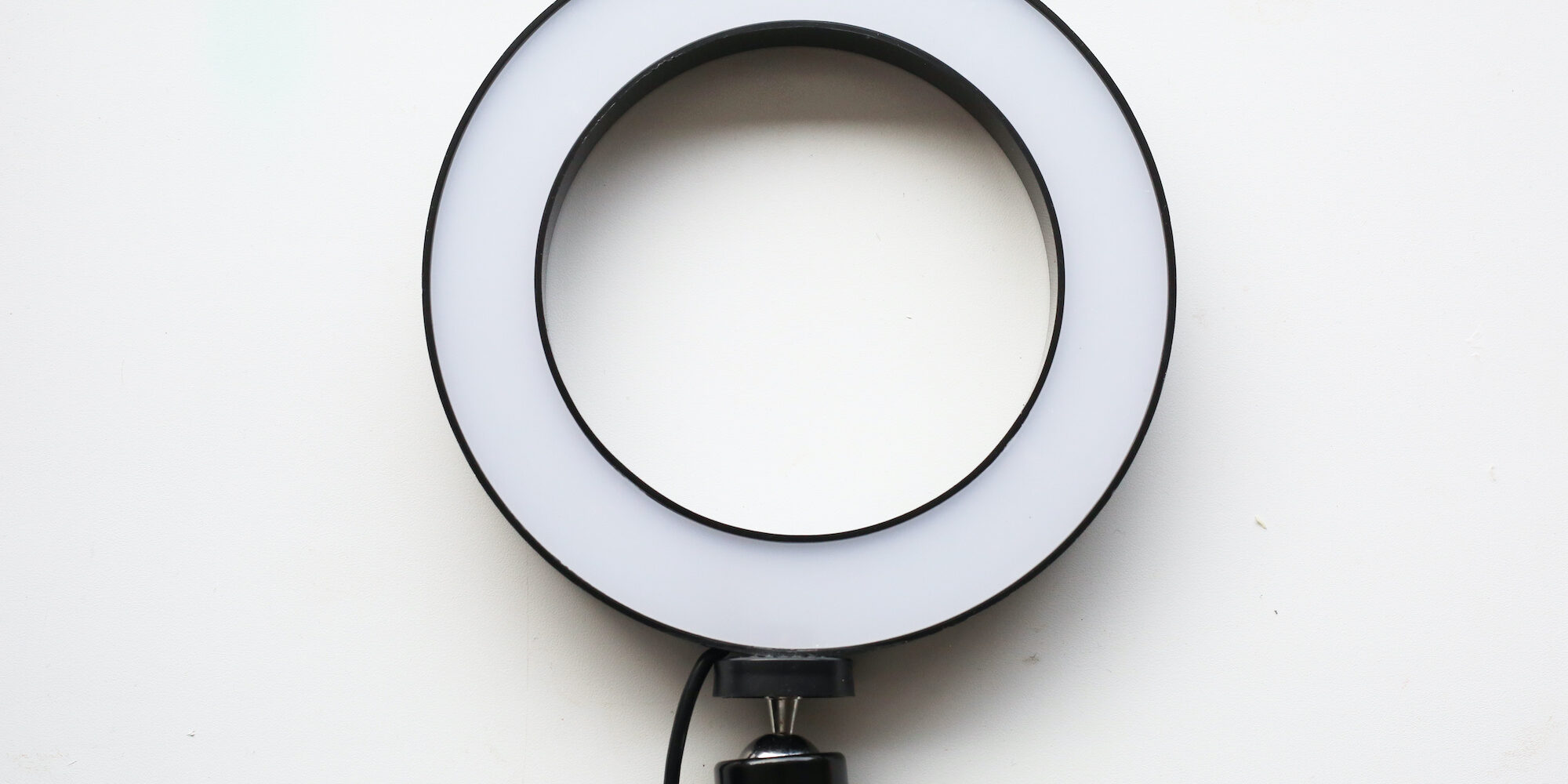
Are We Entering An Age Of “Deinfluence”?
It feels like there’s been a zeitgeist reset.
After beauty exuberance led to an explosion of TikTok trends and brands connected to celebrities and influencers last year, the mood early this year has soured on what the beauty industry is serving up. Influencer brands Selfless by Hyram and Item Beauty by Addison Rae have exited Sephora, and Forma Brands, the incubator built on the back of famous names, has gone bankrupt.
Kosé-owned color cosmetics brand Tarte’s United Arab Emirates influencer trip has drawn harsh criticism for lavish spending on an extravagant marketing stunt in the midst of massive layoffs and recession fears. Popular beauty TikToker Mikayla Nogueira is the latest target of ire. A video she made to promote L’Oréal Paris Telescopic Lift Mascara in which she appears to be wearing false lashes has angered fellow content creators and beauty consumers who are calling her out for posting a dishonest review.
Amid the fury, a trend of #deinfluencing videos has been gaining steam on TikTok. It features creators sharing viral products they recommend people not buy. The hashtag #deinfluencing has amassed over 23 million views. But is the tide really turning against the consumption culture stoked by influencer marketing? If so, how should brands navigate the climate mindfully to be sensitive to consumers while still selling products?
Beauty Independent spoke to Sonia Elyss, a beauty marketing strategist who’s worked with companies such as Cos Bar, IT Cosmetics, Glowbar and Clarins, for the full download on brand scandals, #deinfluencing and much more.
When did you first see “deinfluencing” on TikTok? What does it mean?
I think the trend came with the new year. So many people on TikTok were talking about not buying, challenging themselves to not buy, cleaning out their spaces, getting rid of what was not needed. With that came a lot of discussion of, what are the worst things that you purchased?
In early January, late December, we were seeing a lot of content around “the best thing I purchased.” Then, a lot of people were starting to flip the script saying, “These were the things I really shouldn’t have purchased.” With that conversation came the realization that a lot of that stuff was trendy on TikTok and that’s why people purchased it. A lot of that was linked to Amazon and beauty.
Was it linked back to Amazon because of Amazon storefronts?
Most influencers across all categories on TikTok have an Amazon storefront in their profile, and what does really well in those storefronts is stuff that’s inexpensive. So, beauty does really well. A lot of that is dupes. Dupe culture on TikTok is very hot, so you’re seeing a lot of stuff that are dupes in those storefronts recommended by all types of people, definitely not beauty influencers alone.
In this reflection of what did I not need to buy and why did I buy it, a lot of people started to realize that they were pulling the trigger on viral products recommendations off of TikTok too quickly, and that they were being very much influenced. That’s not the origination of the word deinfluencing. I’m sure it floated around before this, but this is the wave that I’ve witnessed.
It came from this, “New Year, I’m going to be better about my expenses. I’m not going to buy stuff.” It’s a communication that we see in many outlets, but, this time, I think it really built up steam around the beauty community because you do start to pull the trigger on stuff that’s under $50 very quickly, and you don’t realize that, if you’re doing it once a week, eventually that’s hundreds of dollars of stuff.
The biggest wave that I have seen is with a video that many people have duetted of this girl [@eliseeatsplants] who’s talking about, “Why do I have 17 blushes? Why do I have 25 mascaras? This is out of control.” More communication is happening [around], why are influencers pushing every single product on us?
At the end of the day, the influencer’s job is to influence and educate you on the next product, to tell you that it’s great and to encourage you to buy it so that they make money or the brand that they’re partnering with is happy. At the same time, it’s the viewer’s discretion if they pull the trigger. If you are finding that you’re pulling the trigger way too much, maybe you should spend less time on TikTok, unfollow some beauty influencers and watch other types of content. I don’t think people’s buying habits are the fault of beauty influencers.
Is there a problem with too many products being recommended?
Yes, but it feels that way because there’s so much content. Five years ago, we didn’t have as much of a problem because we were really only watching people through Instagram, so you wouldn’t feel as inundated with ads and content saying, “This is great, buy this, it’s amazing,” and feeling like you had to buy all the time.
With how fast TikTok moves and how many people are on it and how many of those people are doing beauty-specific content, it always feels like you’re getting pushed into something. That’s because you go down that road and that’s what you’re being fed. It’s not the influencer’s fault. So, it is a difficult scenario to be in. Part of it is the beast of consumerism, the beast of being on TikTok and going down a rabbit hole of content that you really like, but it’s really up to the end person to say, “I don’t need this.”
I am seeing more influencers want to be more mindful about what they’re recommending. They are trying to pull away from recommending so many products all the time, but that’s a lot of their income. If they’re not going to recommend products, how do they make money?
There’s very few people who can just be great tutorial people and make money with that. There are makeup artists or people who are very good at makeup that can teach you things, maybe they’re doing other types of collaborations, but without selling stuff, whether that be commission-based or upfront fees that they’re getting from brands, they’re not going to make money.
What are ideas for content that’s less salesy?
I know a few influencers who talk a lot about how to use something multiple ways, how to mix it with other formulas that you have to enhance it or to give it a different feel. Around the holidays some people were being very conscious, saying, “These are my Sephora sale picks, but, if you already are well stocked, don’t get these.”
They’re sliding that terminology in there where they’re reminding people don’t buy if you don’t need it. I think it’s a weird time and things continue to happen because TikTok is a completely unhinged beast, and no one’s dealt with it before. We’re only getting into our third or fourth full year of it.
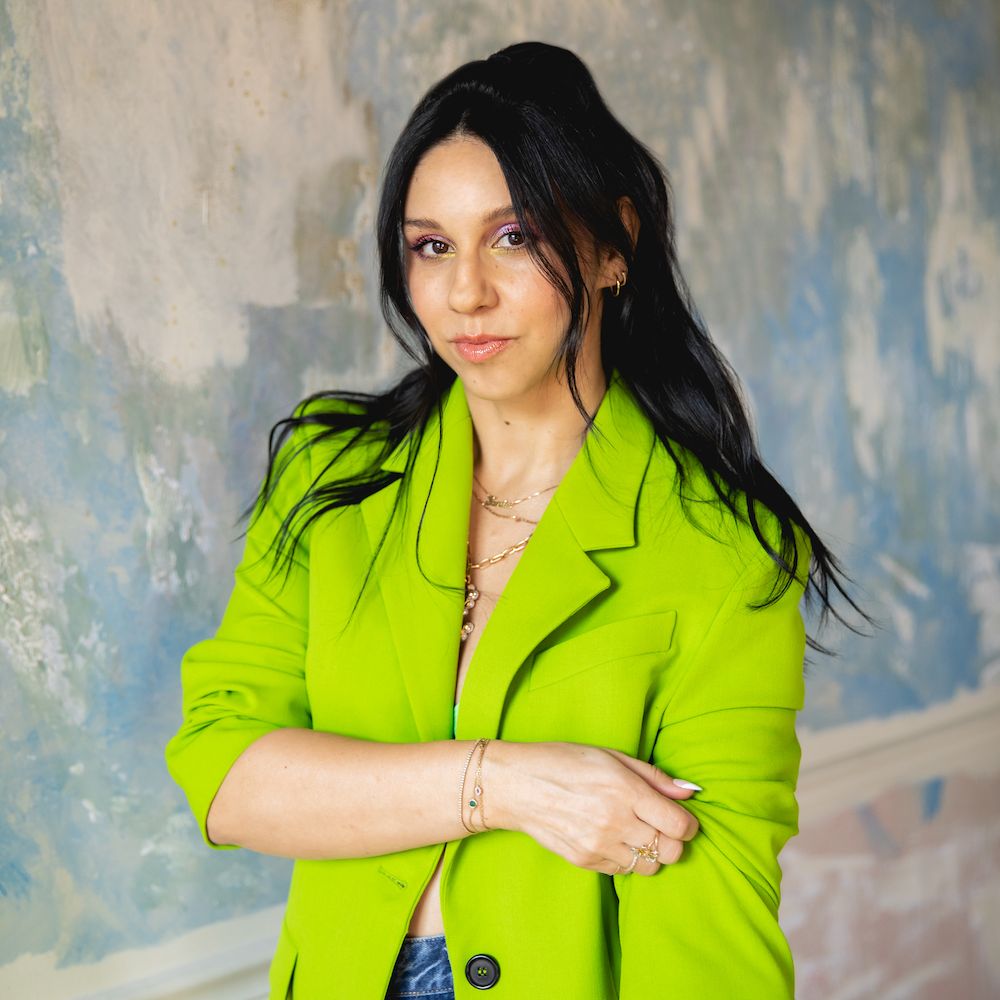
What’s your advice for brands trying to promote products while understanding that deinfluencing and decreased consumption are trending?
Beauty brands and beauty influencers should probably communicate in very similar ways. The thing I advise is, if you buy this blush, here’s five ways to use it. Talking about multi-use products I think will skyrocket this year and releasing multi-use products will go up.
I also think creating content that’s more about artistry application, improving your skills and less about this product has this in it and that’s why it’s great or before and afters. That will always have a place, but teaching the community more about how to better use your products has a more lucrative outcome than continuing to sell them the next product.
Take Phytosurgence. If Phytosurgence taught me tons of different ways to use their cream blush, which I adore, I would run out of it faster and then I’d rebuy it because you’ve created trust with me on how to use it, and you weren’t selling me on it. I’ve used it so much and I realized it’s power in my routine, and I need another one. So, I’ve created a loyalty there. As every indie brand knows, the highest expense outside of producing an actual product in the marketing realm is acquiring a customer and then keeping them.
Once you’ve acquired me, how do you keep me? You teach me how to use that product in a bunch of ways so that, when it runs out or when you release a new shade or a similar thing, I want it as opposed to looking to the next person to replace that or forgetting I even have it.
I also think being very mindful of how much [a brand] is releasing is important. It costs so much to release a product, to do all the packaging, the innovation, the research, whatever goes into it before it even hits the shelves. If there is a way to reintroduce products as new uses or show people how to use them in other ways, that goes a lot more with what people are going through right now.
People don’t have the money to keep buying new stuff. Show how to use this as a lipstick, mix it in with Vaseline, add glitter, and you have your night out look. Showing us all those things is showing us you’re mindful, that while this is something that you are purchasing, you may not have the money to purchase five other things at the same time. So, how can you use it more efficiently in your routines?
Do you think the Tarte trip and Mikayla Nogueira mascara conversations are fueling the deinfluencing trend?
The conversations I’m seeing right now are, “How can we trust influencers? They’re being flown all these places. They’re getting paid to do all this.” It’s a conversation that we had on Instagram five years ago, and it’s interesting now to see a new generation wake up to the idea that these people are getting paid to push products, but this is nothing new.
We had YouTube originally and beauty influencers crushed it on YouTube. Then, we had Instagram and same thing. In each one of these, there’s been a breaking point where the consumer said, “I don’t trust this anymore, they’re getting this thing for free, they’re getting money, so how can I ever trust them?”
This is not a new conversation, but it is very interesting to me how severe it is on TikTok in comparison to every other place I’ve seen it. The creator economy is at a fever pitch on TikTok because anyone can duet a video, screen record, give their commentary, give their feedback, say how this isn’t fair.
A tornado starts, and you don’t have those same capabilities on YouTube and Instagram to essentially bite right back when you don’t like something or you feel cheated or trust is broken. The ability to create content around it on TikTok is instant.
Do you think Nogueira should address the controversy?
I don’t think that she should do an apology video, and I don’t think that she will unless L’Oréal tells her that she needs to. That’s different. That’s contractual, and that’s what I’m guessing is happening right now, there’s some sort of conversation with L’Oréal legal. [She should] just ride out the storm. If people want to unfollow her, then let them.
I think she knows the core of her audience knows her and knows that, if she did do something like this, it was by mistake. She does plenty of reviews where she says she doesn’t like stuff. She’s not one of those influencers who every single video is so in love with the product. She’s very honest, and that’s some of the content that I recommend to influencers.
You have to say, “This is not for me. This is not good for oily skin. This is not good for dry skin, aged skin.” Having these caveats as to why a product is not for someone builds trust. If everyone’s going to say they don’t trust her because of one video, then they haven’t watched the thousands of videos that she’s put out.
People forget to think, does this even matter? It’s mascara. If you don’t like it and you don’t trust her anymore, unfollow, don’t buy it. The biggest hurt that you could do to an influencer is unfollow them and never purchase or click a link that they provide.
If I was L’Oréal, I’d be like, “Great, this mascara is being used in sponsored content by so many girls right now.” They have a contract with so many people across TikTok that have all been posting about it. So, if I was L’Oreal, I’d ride the wave.
Will TikTok beauty influencing change substantially this year or are these things going to blow over quickly?
A little of both. Like with every other platform, you get to a tipping point with the influencers where enough people who have tried it for a long enough period of time cannot make a full-time career out of it or are no longer finding joy with it start to drop out. This happened on Instagram. At a point, every single person was starting an Instagram, a blog. They were building. Then, in 2019, 2020, tons of people stopped influencing because they were like, I need another job, I’m tired of this hustle, I’m getting too old for it. They moved on.
The same thing will happen with TikTok beauty influencing. We’re reaching a point where either now people are established, they’re getting brand deals, they’re building and they’re thinking of a long-term future, what they want to do or they’re saying, this is just a hobby. The consumer is also getting smarter now and saying, “I can only listen to so many people, I can only follow so many people. Who are those people going to be?” And choices will be made.
We’ll start to see a leveling out. In addition to that, brands are not going to have the money that they did previously. We’re talking about recession. we’re still having issues with deliveries and production. How can it all continue at that level? It can’t. So, we’re going to start to see a pulling back on how much brands are spending or going deeper with connections that they already have, but not introducing new faces.


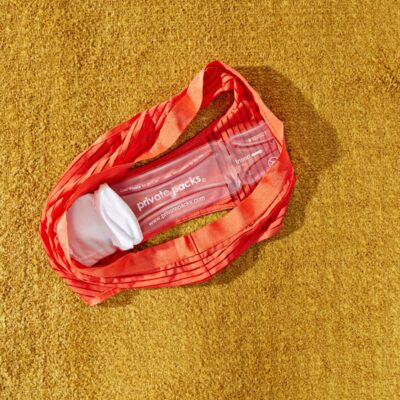
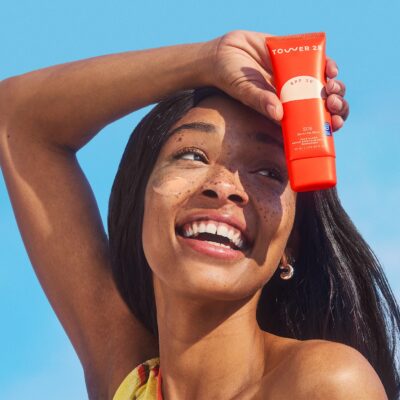
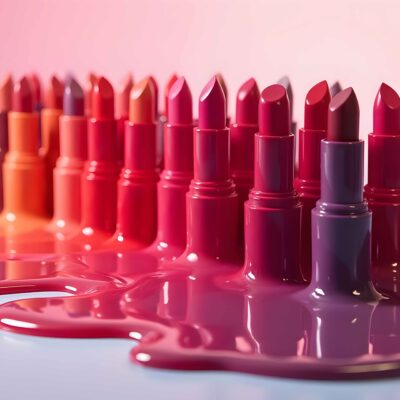
Leave a Reply
You must be logged in to post a comment.